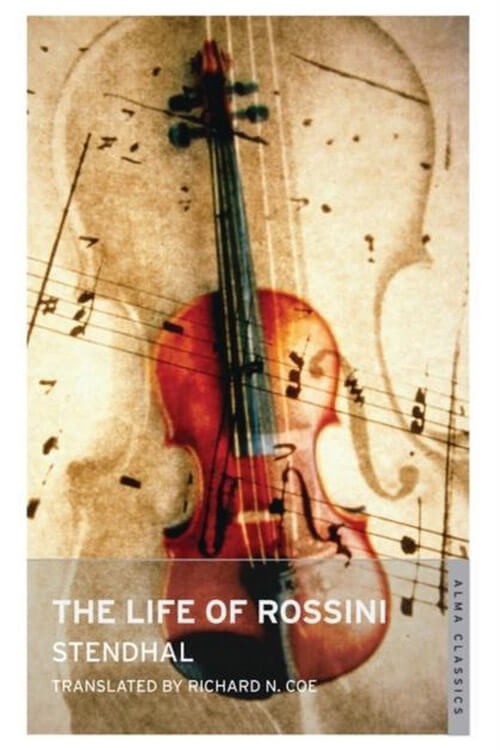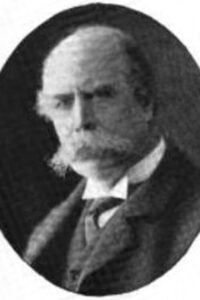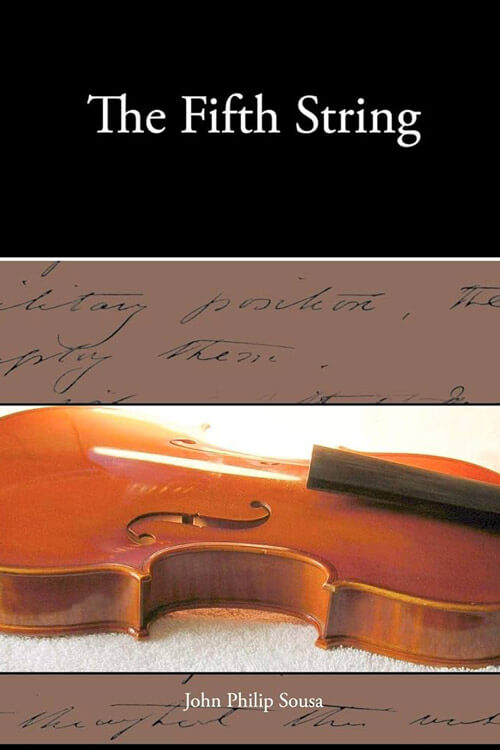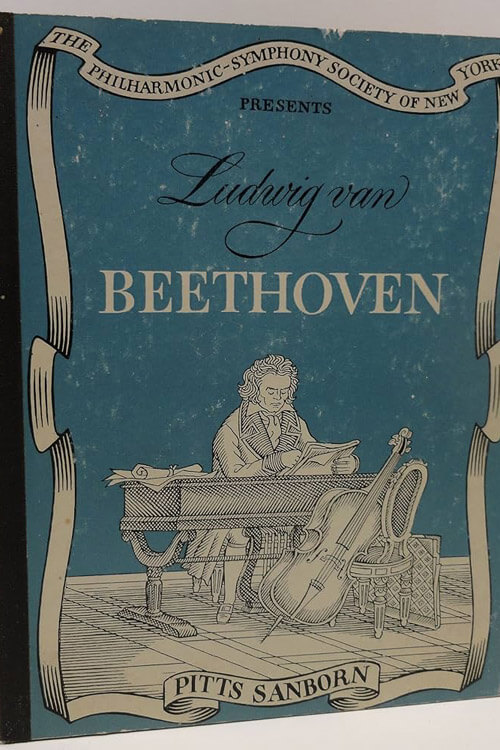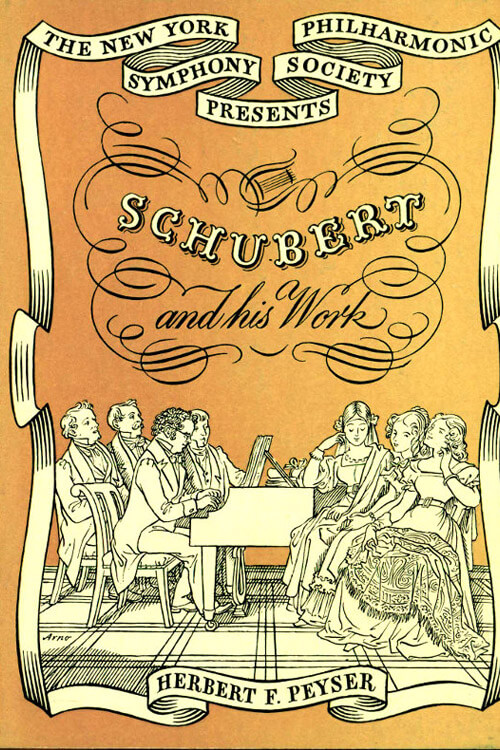
The Life of Rossini
Here we are in the coach coupe, preferring this route a thousand times over private cars, and this is to better travel the rivers, lakes or seas on distant journeys whose various accidents cannot be specified in advance. We had little baggage to take, so to speak, like Bias, everything with us.
On the road, we see with pleasure the rapid progress of agriculture; the crop rotations shine everywhere in place of the barren follows: since the property is divided up, the less considerable fields are amended and taken care of; so true is it that the subdivision of land is advantageous to the masses and production. I know well that the prominent owner who asserts himself must act differently. In these wise economic measures, he aims instead at artificial and natural meadows, at the fertilizer of cattle, and then at the expensive cultivation of cereals. Still, it is not so with small farmers. The cultivation of rapeseed, which is so valuable in a large part of France, is spreading widely in the western departments: The land no longer remains unproductive under our hardworking inhabitants.
Here is a first relay, it is the small town of Montaigu. Here I will not speak of these bloody struggles of principle rather than of people, of the old and the new regime, of freedom or feudalism; the hour of reconciliation has arrived; everyone owns an acre of land and is attached to the soil: freedom of the press has come to soften the warlike mood of these countries: I believe political reactions are impossible, in this beautiful country, covered in funeral crepe, in rubble, and where the blood of so many victims have gushed only too often.
We see soldiers further away, changing winter quarters, humming a few bacchic songs without tripping or having a drunken leg. These frequent migrations are for a political purpose to break the intimate relationships between warriors and townspeople: these soldiers, painfully tired from walking on a muddy road by the weight of their weapons and their baggage; these descendants of their illustrious predecessors, who carried the glory of the French name even below the icy zone, approach our clarifier to inquire if they could occupy the vacant places; their few coins are not enough for the driver; they are obliged to continue the journey on foot, like the tireless Spartans, consumed with hunger and love for their homeland. Iron roads will one day make it easier to develop philanthropy, and the military will find a place on hospital wagons.
Read or download Book
Henry Sutherland Edwards
Henry Sutherland Edwards (1828–1906) was a British journalist.
Biography
He was born in Hendon on 5 September 1828 and educated in London and France. He was a correspondent of The Times at the coronation of Alexander II of Russia, in the camp of the insurgents at Warsaw (1862–63), and at German army headquarters during the Franco-Prussian War.
In 1865, he took over the chief music critic on The Morning Post from Howard Glover and was a regular contributor to The Pall Mall Gazette.
He died at his home in London on 21 January 1906 and was buried at St. John’s Cemetery in Woking.
Selected publications
- The Russians at Home (1861)
- The Polish Captivity: An Account of the Present Position of the Poles in the Kingdom of Poland, and in the Polish Provinces of Austria, Prussia, and Russia (1863)
- The Life of Rossini (1869)
- The Germans in France (1874)
- The Russians at Home and the Russians Abroad (1879, Vol. 1 is an abridgement of the 1861 book Russians at Home. Vol. 2 deals with political issues.)
- The Lyrical Drama: Essays on Subjects, Composers, & Executants of Modern Opera (1881)
- The Case of Reuben Malachi (1886)
- The Prima Donna: Her History and Surroundings from the Seventeenth to the Nineteenth Century (two volumes, 1888)
- Rossini and His School (1895)
- Personal Recollections (1900)
- Sir William White, K.C.B., K.C.M.G.: For Six Years Ambassador to Constantinople: His Life and Correspondence. London: John Murray. 1902. Retrieved 25 September 2018 – via Internet Archive.

